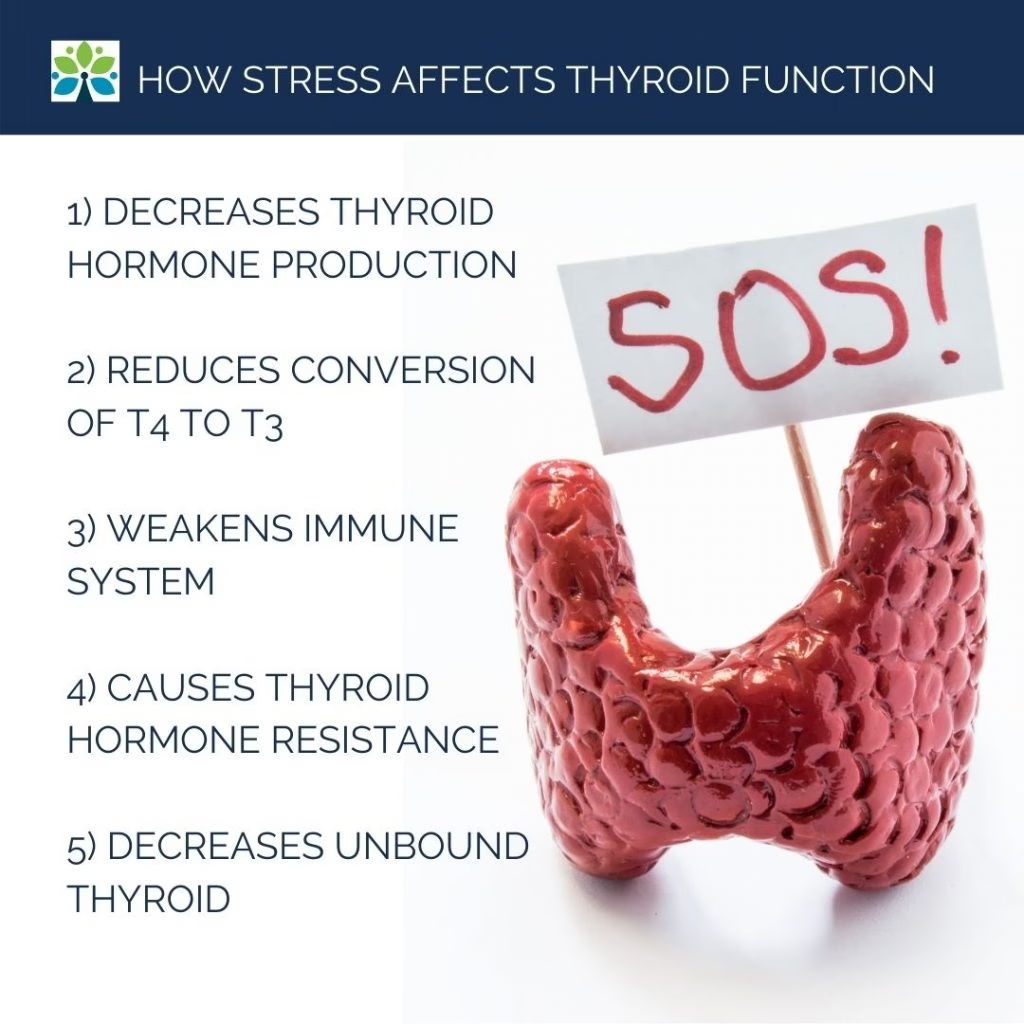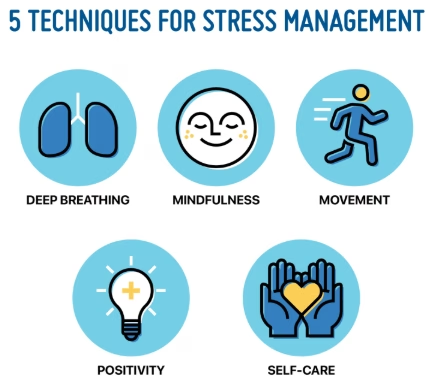In our fast-paced world, stress has become an ever-present companion, often lurking in the shadows of our daily lives. While it is widely recognized that stress affects mental health, fewer people are aware of its profound impact on physical well-being, particularly its influence on the thyroid gland. The thyroid, a small, butterfly-shaped organ located at the base of the neck, plays a vital role in regulating metabolism, energy, and overall hormonal balance. Understanding how stress impacts this essential gland can arm you with the tools to maintain optimal thyroid health.
The Physiology of Stress and Thyroid Interaction

When you encounter stress, your body responds by releasing stress hormones such as cortisol from the adrenal glands. This response is part of the hypothalamic-pituitary-adrenal (HPA) axis. However, chronic stress can disrupt this delicate balance, affecting the function of the thyroid gland. Elevated cortisol levels can suppress the conversion of thyroxine (T4) to triiodothyronine (T3), the active form of thyroid hormone, which can lead to symptoms of hypothyroidism.
Symptoms of Stress-Induced Thyroid Dysfunction
When stress negatively impacts thyroid function, it can manifest through a variety of symptoms, often masquerading as everyday ailments. These symptoms include:
- Fatigue: Despite adequate sleep, you may feel persistently tired and lethargic.
- Mood Swings: Stress hormones can exacerbate anxiety and depression, compounding emotional instability.
- Weight Changes: Unexplained weight gain or loss may occur due to disruptions in metabolic rate.
Managing Stress for Thyroid Health

Given the intricate connection between stress and thyroid function, adopting strategies to manage stress effectively is crucial. Here are some evidence-based approaches to reduce stress and support thyroid health:
- Mindfulness and Meditation: Practicing mindfulness or meditation can help calm the mind and reduce cortisol levels. The National Institute of Health supports these practices for stress reduction.
- Physical Activity: Regular exercise is a natural stress reliever. It also promotes better sleep and helps maintain a healthy weight.
- Balanced Diet: Consuming a diet rich in whole foods, including healthy fats and appropriate iodine levels, supports thyroid function. Ensure your diet includes adequate amounts of selenium, zinc, and iron, which are crucial for thyroid health.
- Sleep Hygiene: Prioritizing quality sleep each night aids in stress management and hormonal balance.
Consultation and Personalized Care

If you suspect that stress is affecting your thyroid health, consulting with healthcare professionals is essential.
- Diagnostic Evaluations: Blood tests and imaging to assess thyroid function and structure.
- Tailored Treatment Plans: Management strategies to address individual needs, including medication and lifestyle modifications.
- Expert Consultations: Access to endocrinologists who specialize in thyroid health.
In conclusion, while stress is an unavoidable aspect of life, its impact on thyroid function can be profound. By understanding the complex relationship between stress and the thyroid, you can take proactive steps to support your health. Remember, managing stress is not just about improving mental well-being; it’s about fostering a holistic balance that enhances every aspect of your life.
